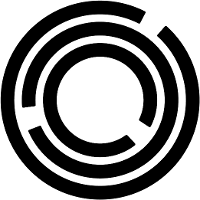Functional Programming
1228 readers
14 users here now
founded 2 years ago
MODERATORS
1
2
3
4
5
6
7
8
9
1
Fixing the Future | Functional Programming: The Biggest Change Since We Killed The Goto?
(share.transistor.fm)
10
11
12
13
14
15
17
18
19
20
21
22
23
24
